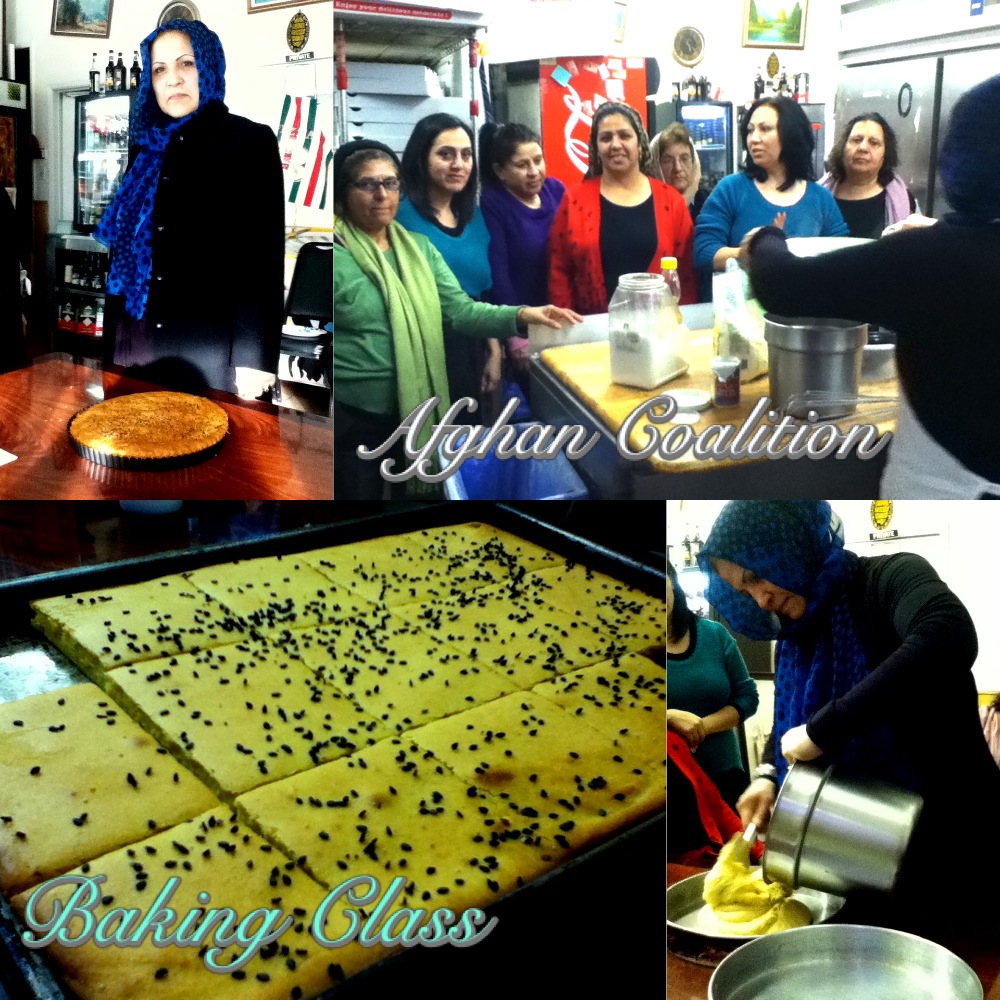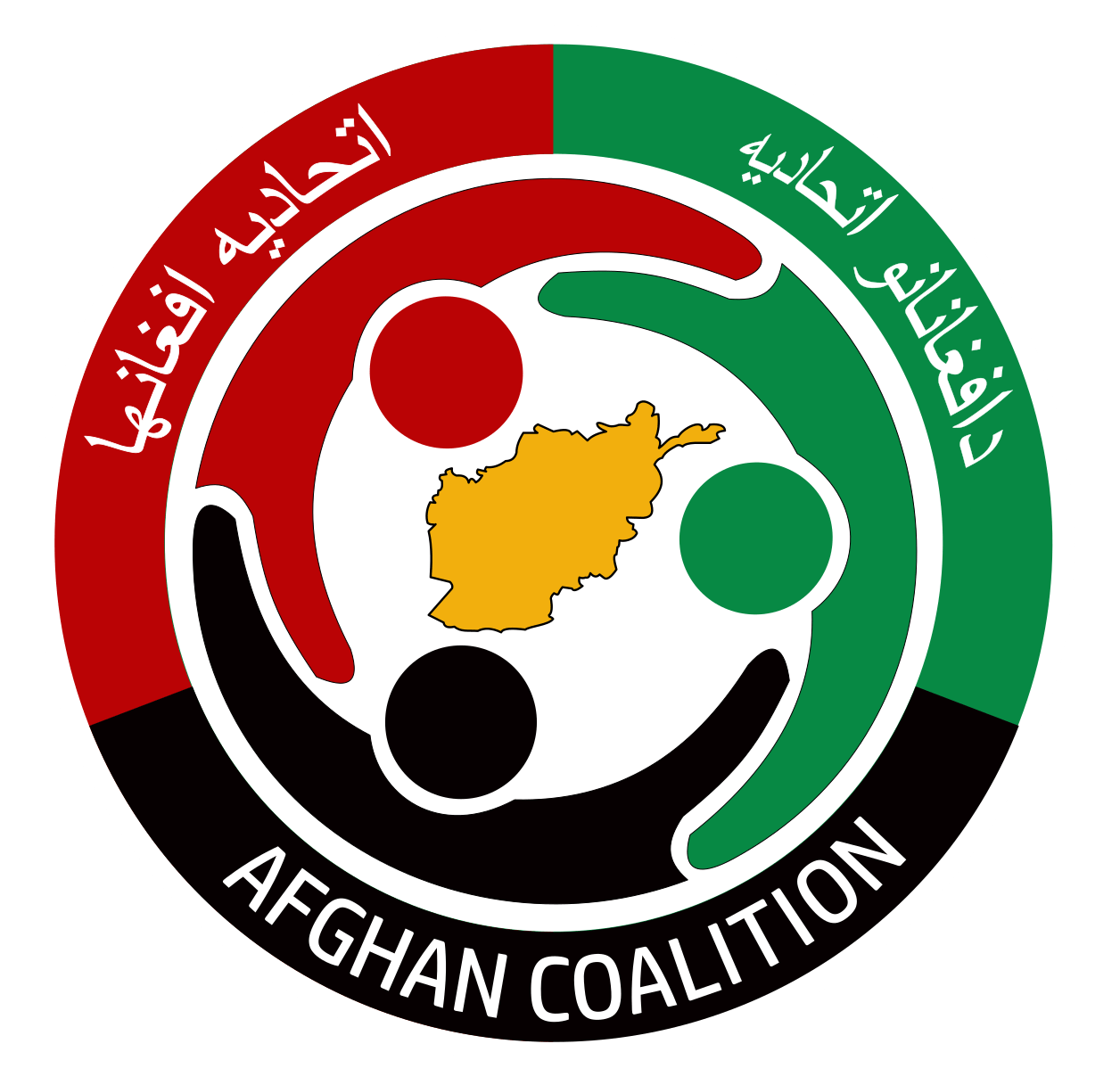Afghan Coalition Community Kitchen
Community Kitchen

Kitchen Overview
Developing Local Food Systems: Organizations such as the United States Department of Agriculture (USDA) in addition to several other agricultural research agencies recognize the need for the processing component in the development of local food systems. Healthy Food Systems, A Toolkit for Building Value Chains, identifies the three essential components of value chains – supply, processing and distribution, and markets. The processing and distribution components include commercially licensed kitchens. The Kitchen Coalition has worked with the Afghan community leaders and other vested community partners to help this kitchen come through fruition and create a food secure community.
A community kitchen is a kitchen that is licensed and inspected to meet all zoning and food safety laws. A shared-use kitchen is available to rent by budding food businesses. Additionally, shared-use kitchens are available for community food programs, such as Meals on Wheels, food recovery and community cooking and nutrition classes.
The Community Kitchen has outlined the following objectives:
Economic Opportunity: By meeting all local health and safety requirements that apply to food produced for sale, the kitchen facility provides small-scale food entrepreneurs the space to prepare value-added food for public sale. Small-scale and low-income food entrepreneurs lack the capital to invest in their own production facility or to pay high rates for commercial kitchen rental at the few available facilities in the area. In addition to creating income for entrepreneurs and their families, the kitchen can provide a location to process locally grown food, thus increasing economic opportunity for neighboring farmers.
● Environmental Sustainability: This community kitchen strengthens the local food system by increasing the volume of locally grown food that can be processed in the community.
● Health Benefits: Locally produced products are likely to be fresher and less heavily processed than mass produced and heavily-traveled food. Increasing our community’s access to these foods is better for our physical health.
● Food Security: A kitchen that can process food locally strengthens our food security by increasing the availability of locally grown foods throughout the year. This is especially important in times of crisis.
Micro-enterprise development, cooking and nutrition classes, and preparation of food for distribution to low-income individuals. The kitchen will also play a critical role in developing a healthy, safe, and secure local food system.
Micro-enterprise Development (85% of Kitchen Use): The kitchen creates the needed infrastructure to support small-scale food production businesses.
The Micro-enterprise Development Program will be offered every year, bringing in new cohorts of entrepreneurs. Within 3 years after opening, the kitchen will develop a plan for joint marketing for items produced in the kitchen. This may include a joint label which all food produced in the kitchen can use. The impetus for the micro-enterprise development component came directly from the community itself. Over the course of CCFN’s pilot year of Healthy Eating programming with the parents’ group at Afghan Coalition clients and other groups in the community, the participants frequently expressed an interest in generating much-needed income for their families through the sale of value-added food products, such as, jams, breads, baked goods, canned goods, and prepared ethnic foods. The Community Kitchen will conduct a survey on how they might use a shared use kitchen. Furthermore availability of a kitchen and support could improve the financial situation for their family.
The Community Kitchen will charge the Afghan Coalition $300 a month to use the kitchen 5 hours a week by participants and once a week two hour of class for training healthy foods. If Afghan Coalition were successful to contract with Whole food will be added more hours for the use of the Kitchen.
